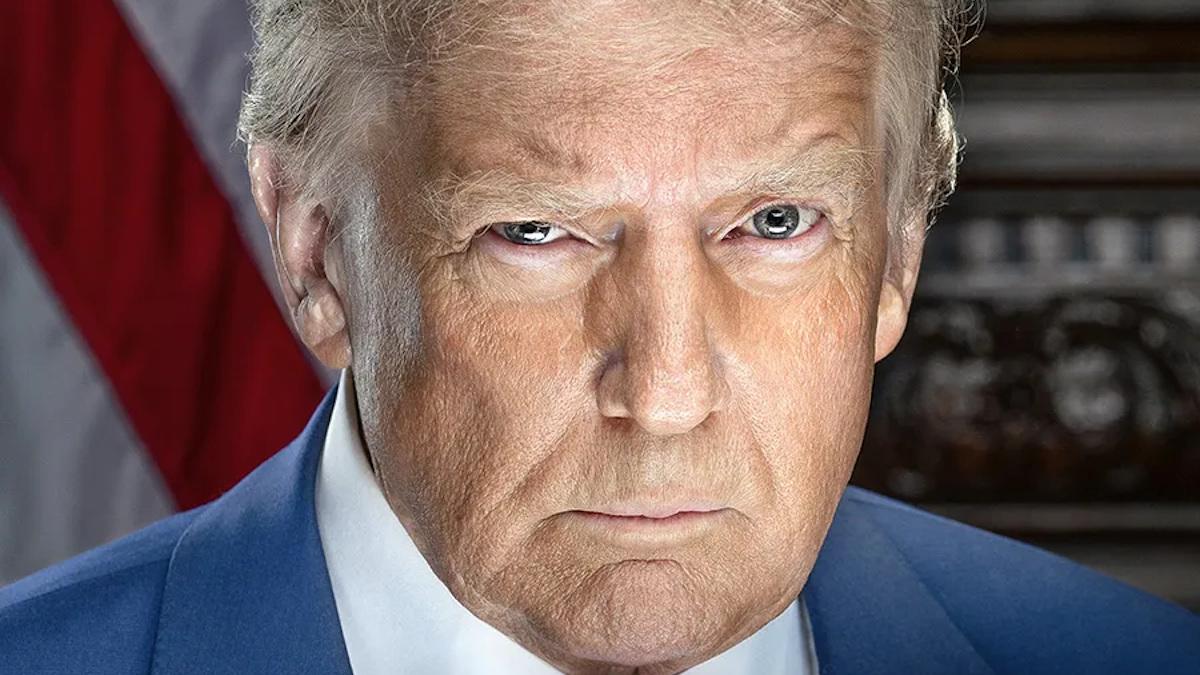Trump win casts pall over future of Affordable Care Act

As the reality of Donald Trump's victory in the US election starts to sink in, there are concerns about the future of the Affordable Care Act, which provides health insurance for more than 21 million Americans.
Trump has been talking about putting forward "concepts" of a new plan for healthcare – one that has seemed to be stuck in the design phase for several years. While it's not clear if an alternative to the ACA is in the offing, there is a near-term threat to the scheme early on in his new term in office.
At the end of 2025, subsidies offered by the federal government to people buying insurance in ACA marketplaces are set to expire and – if they are not extended – there are concerns that some people will be unable to afford cover.
The current subsidies on premiums have been in place since the Biden administration passed the American Rescue Plan in 2021, shortly after defeating Trump in the 2020 election, which extended both the range of people who would qualify for assistance and the level of support and led to a doubling in enrolment rates. The Inflation Reduction Act (IRA) extended the subsidies to the end of 2025.
Now, with a Trump administration due to start in January and Republicans in control of the Senate and potentially the House, it would be a simple matter to call those subsidies to a halt, a highly likely outcome, according to an NBC report.
Trump and other Republican figures have already signalled they don't support an extension, according to the news network, citing Chris Meekins, a health policy research analyst at the investment firm Raymond James, who thinks the chances could be as low as 5% if the Republicans get a majority in the House as well.
There is little doubt that the ACA, which was first launched in 2010, has transformed access to health insurance in the US, with a recent Congressional Budget Office report finding that the proportion of uninsured people reached an all-time low of 7.2% in 2023, down from 10% in 2019 before the COVID-19 pandemic.
The CBO has also estimated that around 4 million people could lose their insurance coverage in 2026 if the federal subsidies are not extended, but also notes that the bill for extending them could reach $335 billion over 10 years.
RFK Jr 'on short list for HHS secretary'
Meanwhile, speculation is building that Robert F Kennedy Jr will be on the short list of potential nominees for Department of Health and Human Services Secretary, with the chances that Democrats could block the appointment looking very low now they have lost the Senate.
The former Democrat has courted controversy with his support of vaccine conspiracy theories and claims that WiFi can cause cancer, suggestions he would remove fluoride from drinking water, and comments suggesting he could undermine the FDA's authority in regulating drug categories including psychedelics and antidepressants.
Photo by Online Marketing on Unsplash












